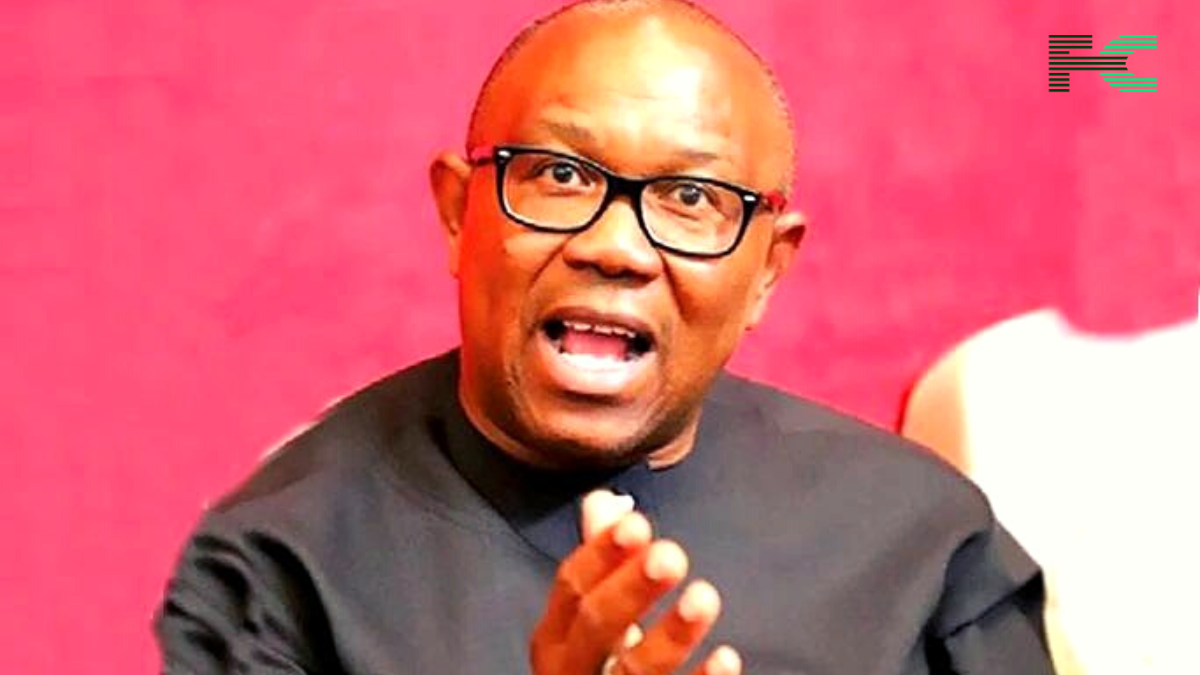Operatives from the Department of State Services (DSS) have detained Micheal Lenin, a prominent leader of the ongoing Endbadgovernance protests in the Federal Capital Territory.
According to Punch, Lenin was arrested by the DSS at approximately 2 a.m. on Monday from his home. Reports indicate he was tortured and assaulted in front of his family before being taken away.
Damilare Adenola, the Director of Mobilisation for the Take It Back Movement, spoke to Punch on behalf of the protesters, demanding Lenin’s immediate and unconditional release. Before his arrest, Lenin had criticized the president’s address on Sunday and urged protesters to mobilize in large numbers on Monday.

In a press briefing, Lenin remarked that the President’s broadcast revealed a disconnect with the reality faced by Nigerians.
He stated, “We are deeply disappointed with President Tinubu’s recent address, which is his first response to the #EndBadGovernance protests. This comes after over three weeks of mobilization, numerous deaths, and assaults on journalists.
“Many had hoped for a presidential address when the protests began, but instead, the President chose to justify state violence against protesters and journalists while dismissing their demands.
“The attempt to co-opt the protests’ progressive language only highlights President Tinubu’s detachment from the people’s concerns.”
Lenin continued, “We call on Nigerians to continue the protests in large numbers on Monday until our demands are met. The dual approach of violence and propaganda has failed.
“The violence and repression aim to silence us, while propaganda cannot deceive or sway us.”
The arrest of Micheal Lenin gives evidence to a troubling reality: instead of addressing the people’s grievances, the presidency seems intent on suppressing dissent. This undermines democratic principles and violates fundamental human rights and the Universal Declaration of Human Rights (UDHR).
The government’s failure to provide a meaningful explanation and its efforts to stifle dissent marks a dark chapter in Nigeria’s history and reflects a broader disregard for the people’s voice. This action may either instill fear and diminish the protests or intensify them by inflaming public anger.

















